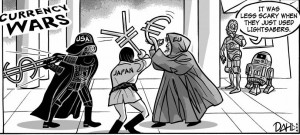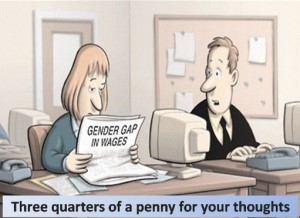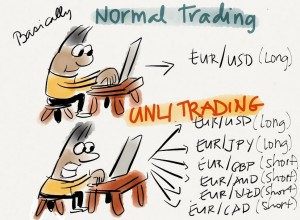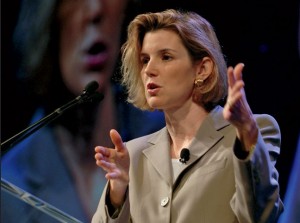SGI-Mitabu, a consortium of two Brisbane solar companies, will finance its entire Indonesian solar power project using sharia-compliant financing, starting in July with an offshore-domiciled sukuk, or Islamic bond, a senior executive said.
The deal is set to be Australia’s first issuance of sukuk, a market that expects global demand to reach $421 billion by 2016 from $240 billion in 2012.
SGI-Mitabu, a venture between The Solar Guys International and Mitabu Australia, is developing a 250 megawatt (MW) solar power project under an agreement with Indonesia’s Ministry of Energy.
The first 50 MW of the project will be financed through the issuance of a seven-year A$100 million ($104 million) sukuk.
The entire project would require up to A$550 million in financing, with all funding to be structured using Islamic principles, which follow religious principles such as a ban on interest and gambling.
“Investors like the idea of clean energy and its sustainability features, there is already huge interest from Malaysian investors,” he said.
This will be followed by two more tranches which will be structured as either sukuk or Islamic syndicated loans.
The initial sukuk will be domiciled in Labuan, Malaysia’s offshore financial centre, and is expected to be placed almost entirely with Malaysian investors, he added.
The offshore structure has drawn interest from Australia’s government officials and could appeal to other local companies with overseas assets, Mitabu said.
“We found the process to be straightforward and approached Labuan, as our consortium partner saw the appeal of the offshore centre”.
In the past, a major problem for Australian companies considering Islamic finance has been taxation. Certain Islamic contracts, particularly sukuk, can attract double or even triple tax duties because they require multiple transfers of title of the underlying asset.
Despite tax officials releasing a discussion paper in 2010, there has been no further progress on the issue.
The sukuk would seek to pay between 6.5 percent and 7.5 percent returns, part of a hybrid funding plan incorporating several Islamic contracts.
During the construction phase of the project, the sukuk would follow an istisna – a manufacturing contract where a price is paid for goods that are subsequently manufactured and delivered on a stipulated date.
This gives solar panel projects an advantage due to their quick installation phase, helping income streams start in just a few months, Mitabu said.
Once the plant is completed, a special purpose vehicle would be formed directing cashflow to sukukholders using an ijara structure, a type of sharia-compliant rental agreement.
After 20 years the project would then follow a musharaka structure, where returns are distributed between the issuer and investors according to a profit-sharing ratio.










